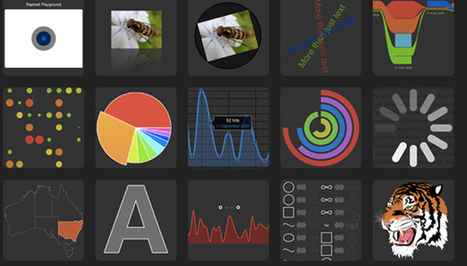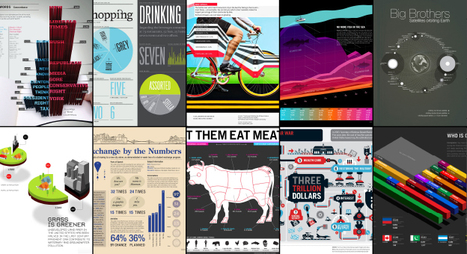As people begin to experiment with the creation and interpretation of visualizations and including them in presentations, a not-so-apparent shift will take place in the background where the traditional ‘analyst’ role slowly morphs to give way to a new breed — the storytellers — who will be more strategic and consultative in nature and not data-waiters, statisticians or always comfortable with extreme analytics.
Visualization, as we know it, is starting to spread through individual contributors and niche companies forging the path. A lot of these individuals are learning as they go and using available tools and technologies, but invariably data access and computing capabilities to specific information are limitations that still require heavy investments.
As people begin to experiment with the creation and interpretation of visualizations and including them in presentations, a not-so-apparent shift will take place in the background where the traditional ‘analyst‘ role slowly morphs to give way to a new breed — the storytellers — who will be more strategic and consultative in nature and not data-waiters, statisticians or always comfortable with extreme analytics, but can create, interact, discover and explain relationships in the information and become the go-to people leadership looks for to understand and make quick decisions for their business through data...
Via
Lauren Moss



 Your new post is loading...
Your new post is loading...









This looks like it might be a good source for integrating infographics into the classroom.